Honey, in Chinese (蜂蜜), has become so much a staple food that if you shop in a supermarket you will find it easier than sugar. Indeed, with a population of more than one billion 379 inhabitants consumption exceeds 300 000 tonnes per year, three times the volume exported, the Middle Kingdom is the world’s largest consumer of hive extract.
But also the world’s largest producer. The production is exported to Europe, some Asian countries such as Japan or the United States. It is the official European supplier, to importing countries like Spain, Germany the United Kingdom. Indeed, the source of the Chinese honey, comes from small beekeepers of the Qinghai region of China, more exactly to the north-west of the country, a product which draws the doubt since it is likely to be counterfeited, which pushes to change the honey market in Asia-Pacific.
Repetitive counterfeit honey is hurting Chinese producers
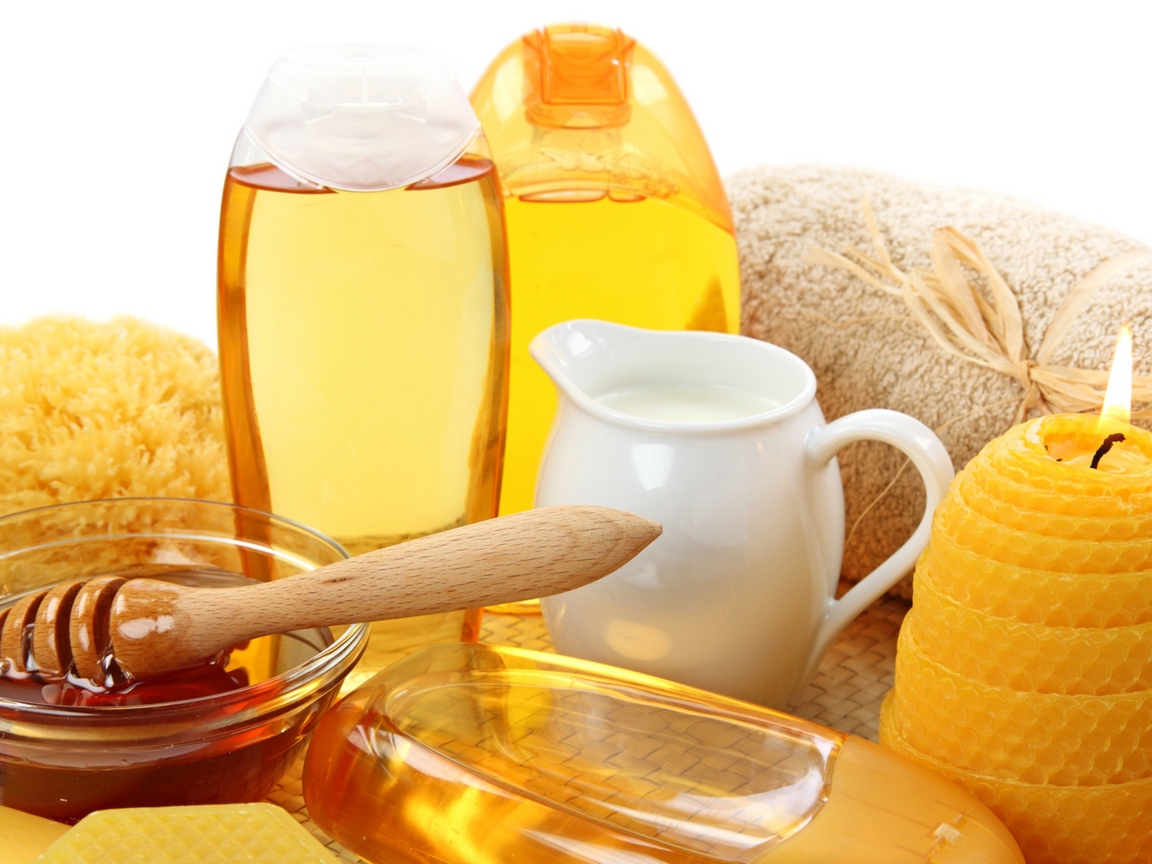
Few times when it comes to real honey in China, laboratories in the United States have begun to check the origin of honey and its components to be able to certify it and therefore select the best honey for the consumer.
Chinese honey is generally labeled “made in Thailand”, Philippines or Russia, and more recently Vietnam. Honey from this country is therefore removed from the European market, from 2002 and finally in 2011 since it contained chemicals and preservatives that made it dangerous for health.
The counterfeit honey also affects the Chinese consumer, who uses this nectar to cook, it is an essential food for the population, it also uses it to heal, since it is an antibacterial and healing, and helps also to fight sore throat cough or insomnia.
New Zealand honey from Manuka
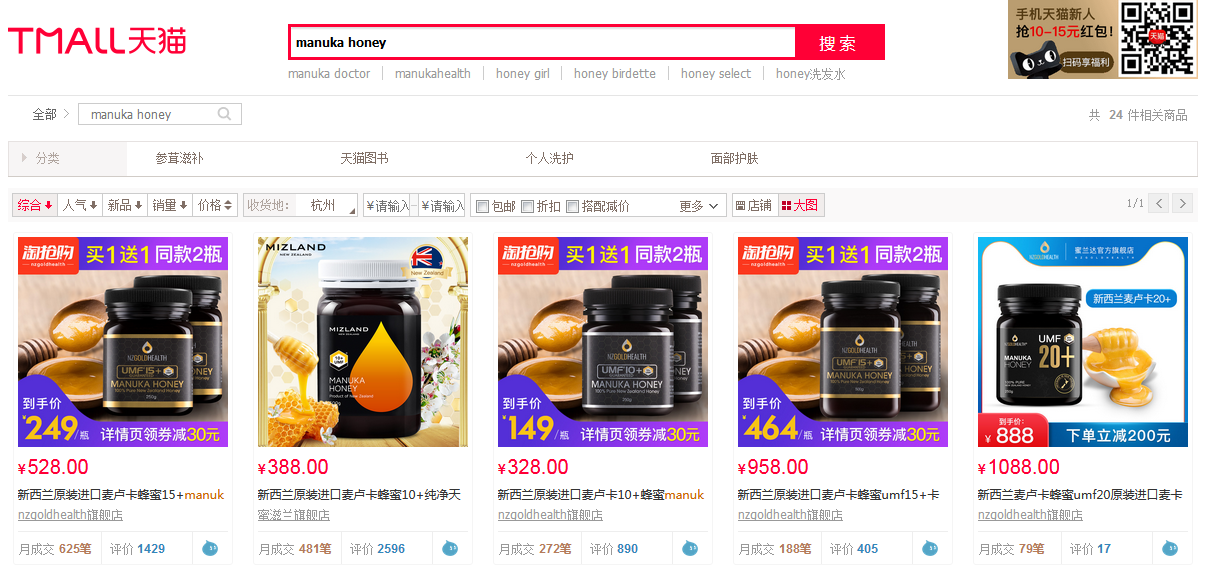
Here is honey that the Chinese trust, honey imported from New Zealand. Good news for China but not for the exporting country as it has to support a huge demand for production, in short, demand far exceeds supply in China. Consumption that has consequences for the honey industry abroad, especially New Zealand. The country has low production compared to Chinese consumers demand. During the year of 2016, product exports exceeded $ 24 million. And reached $ 3.5 million in Australia and about $ 1.2 million in the United States.
But why is New Zealand honey so successful?
Manuka honey is quite special since it comes from the juice of a tree that grows only in New Zealand or Australia, it has unique anti-bacterial properties.
Chinese and even Hong Kong consumers, who take care of themselves and opt for quality products are constantly looking for this nectar, which has contributed to a growth of imports: 1500 tons (the equivalent of $ 121.5 million) in 2014. New Zealand has a forecast for its imports, a decline in production of Manuka honey to $ 779 million annually at the 2028 scale. Knowing that 250 grams of Manuka honey is sold at 218 dollars on e-commerce platforms in China: like Tmall, or Taobao.
Partnerships between New Zealand and China
Honey producers in New Zealand are increasingly dependent on Chinese demand. To better take advantage of this demand, New Zealand companies are partnering with its Chinese subsidiaries to expand the offer to Chinese cities, so honey is marketed on platforms like Tmall.
Faced with this market failure, Chinese beekeepers, producers, and distributors end up with counterfeit honey in their hands, so they have to review the honey quality they sell and review their marketing strategies to meet the demand for more growth and to satisfy consumers who are more concerned about their health.
YOU WANT TO EXPORT TO CHINA AND WISH TO EXCHANGE WITH OUR CONSULTANTS.
Do not hesitate to contact us.
We will send you our case studies and will see you with the best solutions.
Read also:

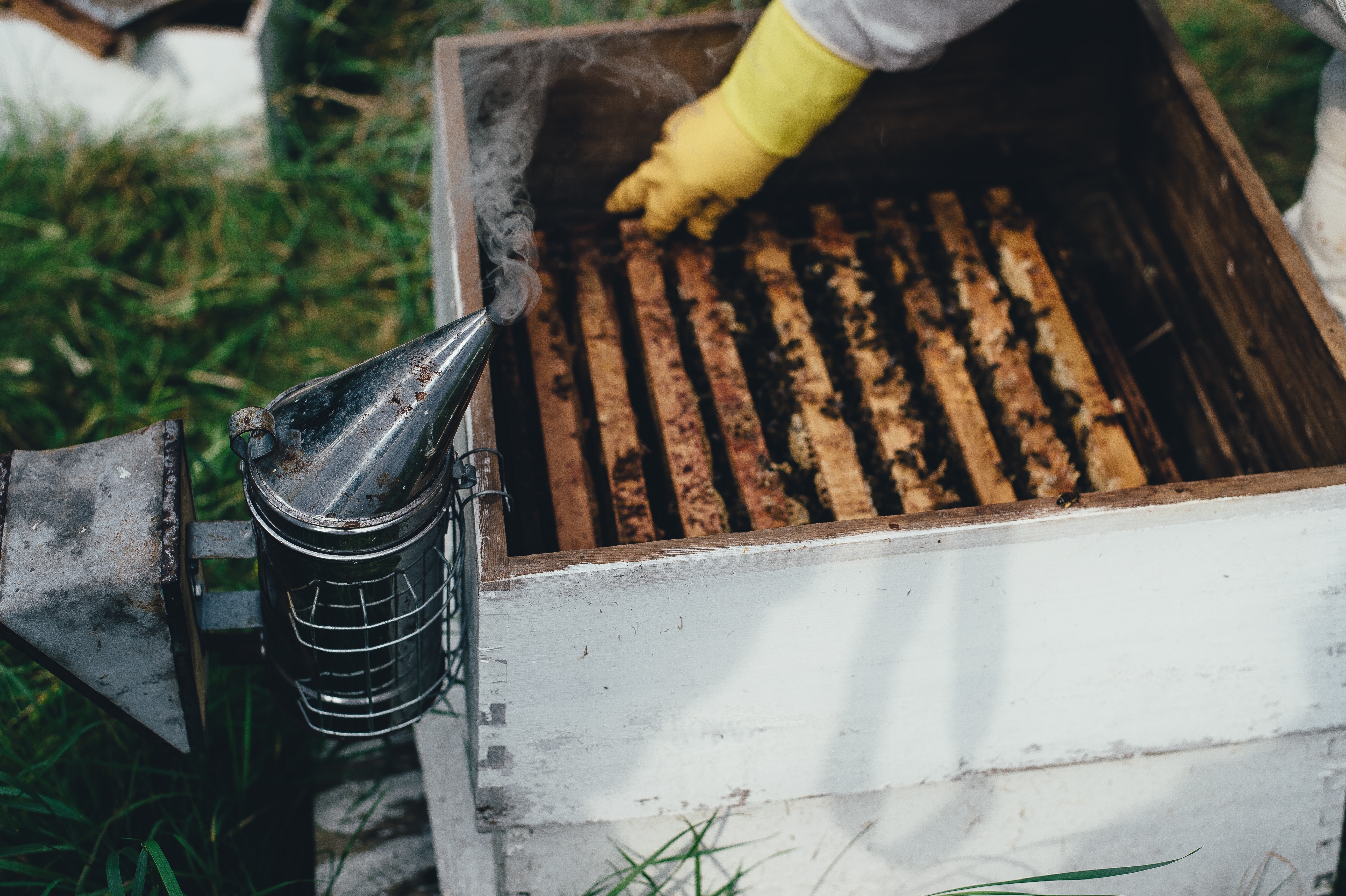
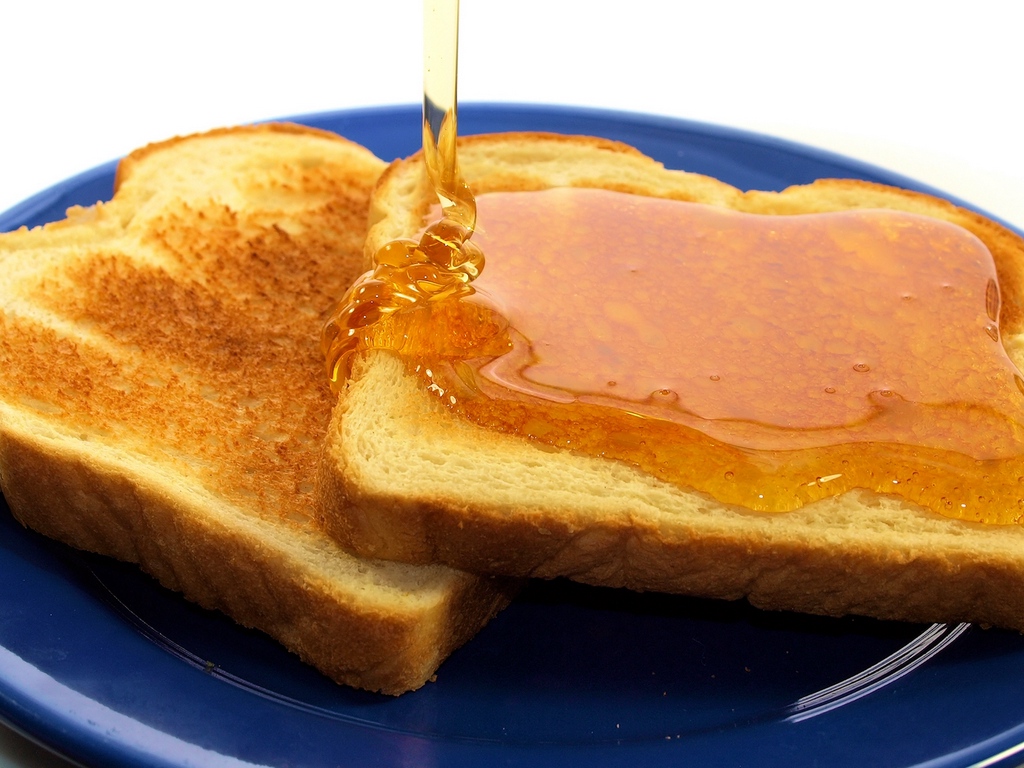


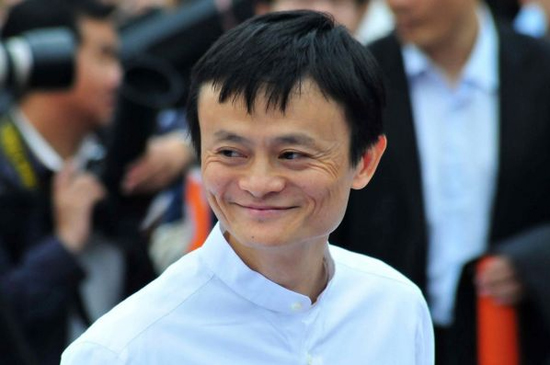
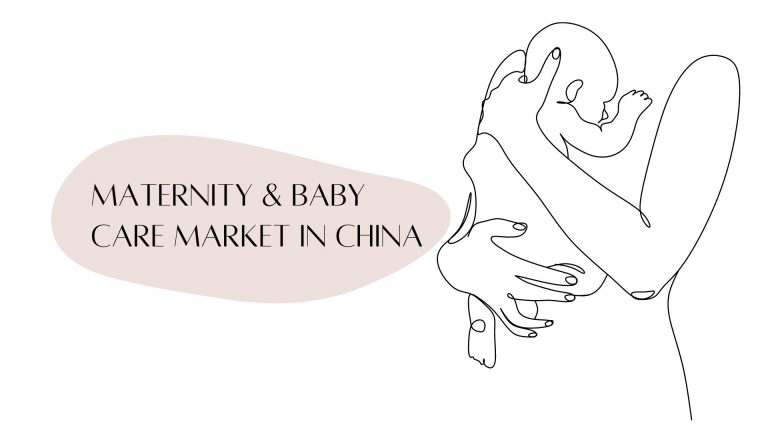


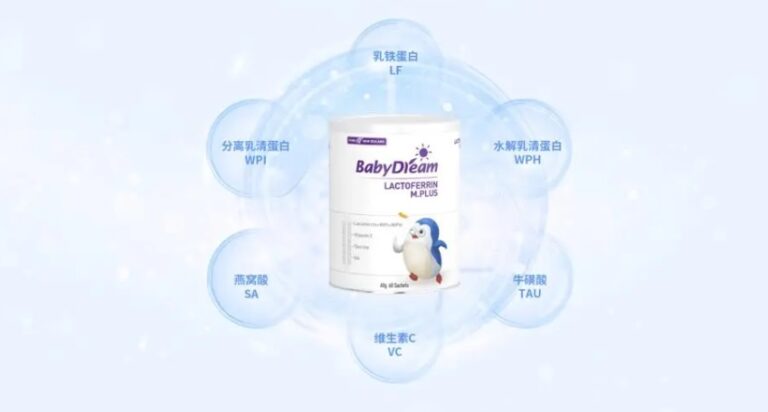
Hello
We are a (guanshengyuan) Chinese group with thousands or Taobao Stores and wechat groups, and we would like to sell a western quality brand of Honey in China in exclusivity.
I would like to discuss with serious company only
Peter Liu
Sourcing Brand Manager
Hi,
We are producers of quality New Zealand honey. Certified for export, with all Manuka and non-Manuka honeys available.
If you are Interested, please make contact via email.
Sarahandsam07@gmail.com
Kind regards
Sam